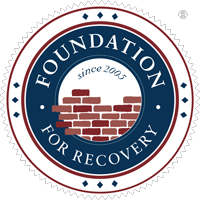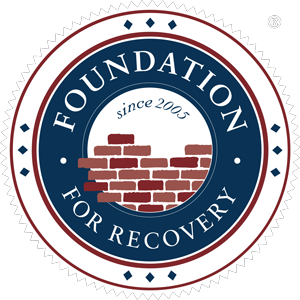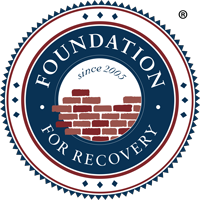Be of service
Nevada Recovery Corps
Expanding recovery support services to agencies across Nevada.
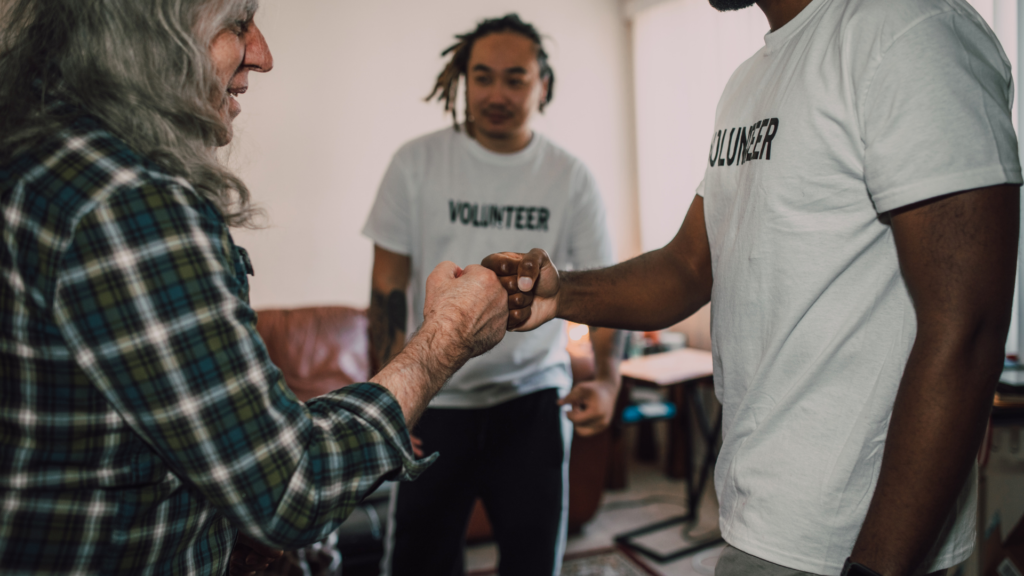
It's at our core.
As people in recovery, being of service is at our core. We’re ready and willing to reach out and help the next person. Nevada Recovery Corps is a unique 11-month opportunity for people in recovery from addiction to serve as Recovery Navigators at select agencies across Nevada, we call these agencies host-sites.
Once placed at participating host-sites, Recovery Navigators provide recovery coaching and mentorship to help people struggling with substance use, facilitate support groups, train the community how to recognize and respond to opioid overdoses, and distribute life-saving overdose rescue kits to the public.
Recovery Coaching
Recovery Navigators complete the required 46-hour Peer Recovery Support Specialists training. Recovery Navigators help people find resources, create their own recovery plans, and provide mentorship and guidance.
Group Support
Each Recovery Navigator leads several support groups available to the community. Recovery Navigators will learn how to facilitate various group formats including SMART Recovery, All Recovery, CRAFT, and others.
Overdose Prevention
Recovery Navigators learn how to organize and host various harm reduction and recovery-oriented trainings. Each Navigator is supplied with life-saving overdose rescue kits to distribute to the public.
Leadership Development
Throughout their service term, Recovery Navigators learn and apply leadership skills in community organizing, outreach, ethics, and advocacy.
History of Recovery Corps
The Nevada Recovery Corps (NVRC) is a partnership between the federally-funded AmeriCorps program and Foundation for Recovery. This partnership empowers Foundation for Recovery to enlist Nevadans into AmeriCorps service, creating a network of Peer Recovery Support Specialists all across Nevada. These members (Recovery Navigators) then maximize the efficiency of resources in their area by serving within existing community infrastructures who act as host sites for our members.
Additionally, host locations can range in form and function; anything from a library, to an office space, to a medical/mental health facility, to a community center is eligible. All to ensure that no Nevadan is unduly barred from aid just because a substance misuse-related facility is not nearby


Addressing the Need
Many communities in Nevada lack adequate access to addiction and mental health services, organizations, and providers. The troubling effects of this lack have been continuously documented by organizations like the Department of Health and Human Services, which found in 2019 that there were a total of 181,848 emergency department and 129,954 inpatient hospital admissions related to mental health and alcohol and drug-related encounters. Out of these drug-related inpatient admissions, Carson City, Washoe County (northern Nevada), and northern rural counties accounted for a significantly higher amount of these admission rates, with substances like opioids (including heroin) and methamphetamines being the majority of reports of use.
And so, while programs and services exist that utilize the peer recovery support service framework, the Nevada Recovery Corps’ mission to naturally incorporate that framework into the fabric of underserved communities across Nevada is truly what makes the difference for our program.
Recovery Navigators
Learn more about this unique opportunity for people in recovery to provide support to those who need it most. At the end of the day, Recovery Corps is all about Nevadans helping Nevadans. Checkout our open positions today!
As a Recovery Navigator, you’ll receive all the training, tools, and materials needed to make an impact in your community.
You’ll be match with a host-site in your area where you’ll commit to serve a total of 900 or 1,200 hours over 11-months. You’ll lead support groups, provide one-on-one recovery coaching, and organize trainings in the community.
While service and volunteerism is at the core of of this program, you’ll receive extra perks for your commitment to help fellow Nevadans impacted by addiction and mental health challenges.
- Payment of a living allowance up to $10,570 for the year.
- An education award up to $ to use on existing student loans or to use towards going back to school.
- Custom AmeriCorps apparel and gear.
- Access to the AmeriCorps Member Assistance Program.
- Professional development, training, and option to become a state certified Peer Recovery Support Specialist.
- An incredible resume booster and a letter of recommendation.
- Membership to the national AmeriCorps Alumni Network.
- Must be 18 years of age, a US citizen, national, or legal permanent resident alien, and have completed a high school education or equivalent.
- Willingness to commit to either a 900 hour or 1,200 hour service commitment over 11 months.
- Have a minimum of one year in recovery.
- Access to regular, reliable transportation.
Host Sites
Host sites are partner agencies who sign up to provide space to Recovery Navigators and who could benefit from their services. We accept a variety of host sites, from libraries, specialty courts, hospitals, food banks, and other agencies already serving Nevadans.
Host sites are agencies and organizations in Nevada interested in hosting a Recovery Navigator to provide recovery coaching, support groups, community outreach and trainings, and Narcan distribution to patrons of their organization and the public.
Host sites complete an orientation with the Recovery Corps Program Director who will help prepare your agency to host a recovery corps member.
Host sites are partners in the Nevada Recovery Corps program. The host site, Recovery Navigator, and Program Director work together to set expectations, schedules, and deliverables.
Enhancing Service Delivery
- Hosting Recovery Navigators at your agency can enhance the programs and services you’re already providing to the community by including peer support, additional community outreach, and training and education.
Data and Insights
- All outcomes data is shared with program staff of your agency to inform and customize services for your participants.
Featured News & Media
Ex-addict who found hope at Mission High now eager to help others
Recovery Corp across the United States
The Nevada Recovery Corps program is modeled after several other state AmeriCorps programs. Each program varies in the way it operates, but aims for a common goal of extending behavioral health recovery services to undeserved communities and empowering people in recovery by creating service opportunities. Take a moment to watch some of these videos we've curated that highlight the work of Recovery Navigators and successful Recovery Corps programs from other states.


